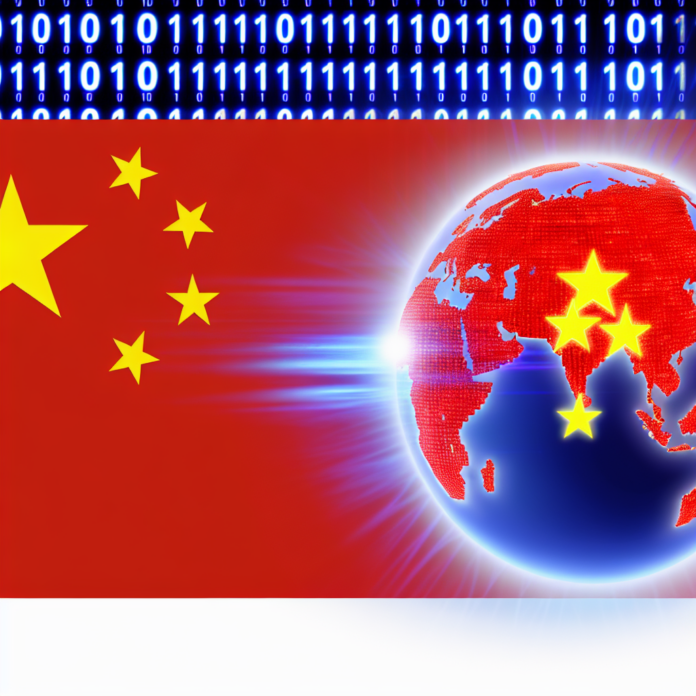A human rights organization has raised concerns about China spreading its digital authoritarianism model to other countries like Cambodia, Malaysia, and Vietnam through its tech industry and infrastructure projects. This includes sharing what they consider to be "best practices" in controlling digital activities.
China began the "Digital Silk Road" project in 2015, two years after starting the Belt and Road initiative. This project aims to improve access to digital infrastructure like submarine cables, satellites, and 5G connectivity.
The Digital Silk Road focuses on advancing China's technology industry and digital infrastructure, while also influencing standards and norms for internet governance. This shift is moving towards a more controlled and segmented digital environment, characterized by censorship and surveillance, where authoritarian regimes like China can thrive.
The Chinese government has strong ties to its technology sector, which plays a significant role in the Digital Silk Road initiative. Private companies such as Huawei, ZTE, and Alibaba act as representatives for the Communist Party.
China has entered into numerous technical standard agreements with 49 countries involved in the Belt and Road initiative. Additionally, countries like Cambodia, Indonesia, Malaysia, Myanmar, Nepal, Pakistan, and Thailand have also agreed to work on digital infrastructure agreements with China.
Beijing views the Asia Pacific region as crucial due to its strategic importance in the implementation of advanced technologies and the establishment of global partnerships to support China's authoritarian stance on internet governance.
The Cambodian government believes that this action will strengthen national security and aid in combating tax fraud. However, the Internet Society cautioned in December that the changes to Cambodian network connections could have significant repercussions on individuals who use those networks. This could potentially impact social and economic activities, as well as potentially restrict freedom of expression.
Article 19 reported that Nepal and Thailand have shown interest in creating a firewall similar to China's. They have been actively involved in monitoring Tibetan and Uighur minorities living outside their countries on behalf of China.
During President Xi Jinping's leadership, the distinction between the Communist Party and the Chinese government has become less clear. The Party's influence has expanded into the private sector, with branches present in over 90% of the top 500 companies in China, as reported by Article 19.
Several companies, including large technology companies, have been enlisted in Beijing's effort to enhance China's reputation internationally and increase its global impact through the "united front" influence campaign, as reported by Article 19. This is happening despite the companies' claims of being separate from the government.
Fears regarding data security, privacy issues, and the possibility of foreign influence have led to calls for a ban on TikTok in the United States. Supporters of the Protecting Americans from Foreign Adversary Controlled Applications Act believe that the app's ownership by a Chinese company could potentially allow the Chinese government to access user data and sway American opinions.
Security issues have impacted the operations of companies like Huawei and ZTE, not just in the United States but also in other democratic countries such as Australia, Canada, Japan, New Zealand, and the United Kingdom. In the US, these companies have been labeled as "national security threats" and are prohibited from participating in the development of essential infrastructure projects.
Outside of China, the increasing collaboration between the government and technology companies has sparked concerns about how Chinese tech companies will address issues such as data privacy and censorship in foreign countries. These companies have control over undersea cables, giving them significant influence over a large portion of global internet traffic.
Article 19 expressed concerns about the possibility of China sharing data with other authoritarian governments or using it for influence. They emphasized the need for more transparency and oversight to address these potential issues.

